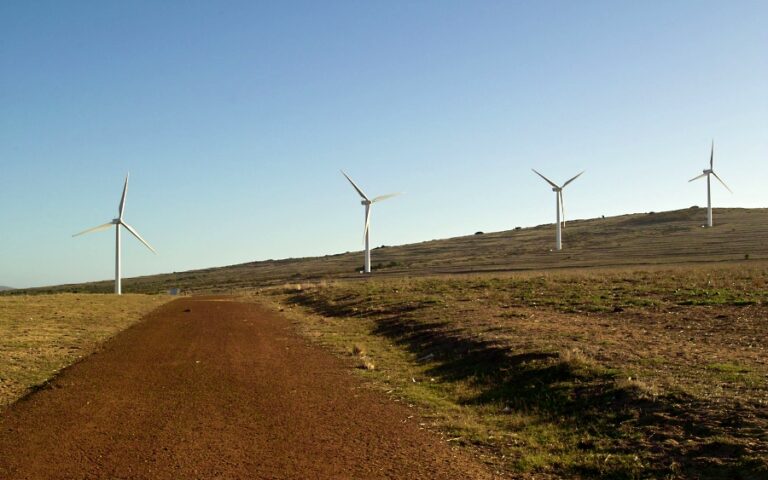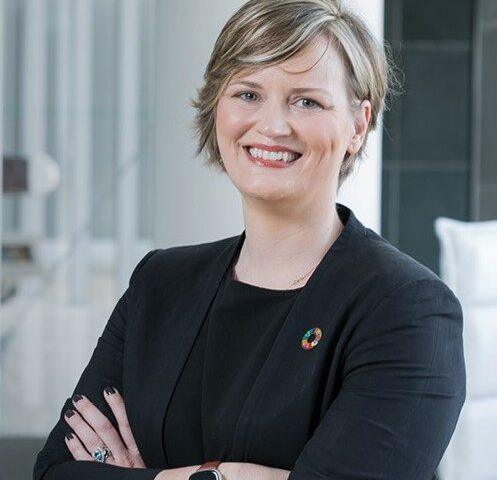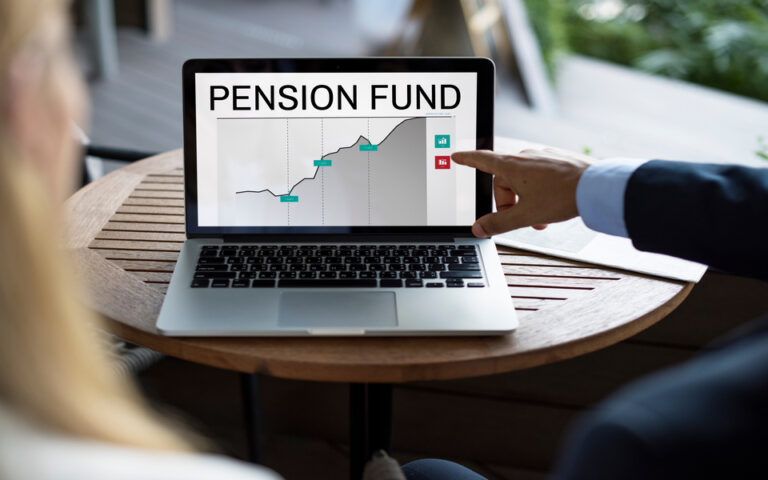This article was first published in INCE|Connect on 30 March 2021.
Pausing to think about what the state of the world might be in 20 years, can leave one feeling understandably overwhelmed. The alarming reality of the unabated carbon emissions that are accelerating our climate emergency, the existential impacts we are having on our natural world, the likelihood of future pandemics, and rising global poverty and inequality, are contributing to anxiety and stress for many of us.
In February, the United Nations (UN) criticised the slow progress on climate action since the Paris Climate Agreement was adopted in December 2015. Patricia Espinosa, executive secretary of the UN Framework Convention on Climate Change, pointed out that, “current levels of climate ambition, are very far from putting us on a pathway that will meet our Paris Agreement goals.”
The Nationally Determined Contribution Synthesis Report, published on 26 February, demonstrates that, even if countries achieve their current Paris-related pledges to reduce carbon emissions, their combined impacts would put the world on a path to achieve only a 1 percent reduction in global emissions by 2030, compared to 2010 levels. This is terrifyingly inadequate, given that climate science makes clear that emissions must fall by nearly 50 percent by 2030, for the world to have a realistic chance of avoiding catastrophic temperature rise.
The coronavirus pandemic has heightened scrutiny of how capital flows have contributed to our multiple sustainability crises, as well as how they can and must be used to address them. Responsible investing, which seeks to incorporate environmental, social and governance (ESG) impacts into financial decision-making, is increasingly being used as a crucial tool in the fight against climate change, biodiversity loss, deforestation, inequality, and many other dire challenges.
It’s time to be honest about what is at stake and the scale and pace of the changes we need. The “planet” does not need saving: it is humanity itself that is at risk. Our addiction to “convenience” and short-termism have disconnected us from what is required to create a stable environment in which we, as well as our future generations, will thrive.
What world will we be retiring into?
This question should be front and centre for savers who are diligently putting money away every month, as they aspire to retire into a stable, sustainable world.
But retail investors who have retirement annuities (RAs) are, most often, completely ignorant of, and disconnected from the real-world impacts of the companies in which they are invested. Far too few know their high carbon portfolio exposure is exacerbating the climate crisis – which will be particularly severe in Africa. Far too few know that excessive executive remuneration, which has become the norm for many JSE-listed companies, contributes to South Africa’s world-leading inequality and poverty, which are drivers of high-crime, unstable societies.
When are we going to see low-carbon or fossil-free RAs, accessible to retail investors, on the market? When are we going to see real transparency between the highest and lowest earners, so we can have honest conversations about our rampant inequality, one of the big issues silently sinking our economic prosperity?
The low-carbon economy holds many investment opportunities that are yet to be exploited, to help create a more just and stable world. Financing decarbonisation, and the alignment of portfolios with the goals of the Paris Agreement, supported by new, innovative low-carbon and fossil-free indexes, could send a clear message to companies lagging on climate action, and unlock the trillions needed to fight our climate emergency.
It is also worth pointing out that the view that investing responsibly means sacrificing returns is a false perception: a growing body of research unequivocally refutes the argument that investing responsibly comes at a cost to your returns.
In 2019, Morgan Stanley analysed over 10,000 funds and managed accounts between 2004 and 2018, finding that “the returns of sustainable funds are in line with those of traditional funds, while also offering lower downside risk for investors. What’s more, in an uncertain market, sustainable funds may offer a layer of stability for investors looking to reduce volatility.”
If investment behaviour does not change dramatically, and global capital does not shift to radically reshape our relationship with nature and society this decade, life, for us and our future generations, will inevitably get tougher.
Call to action
Considering the many challenges we face, it is baffling to still hear asset managers in South Africa saying that the demand for sustainable investment products is not there. There is an urgent responsibility for us all to raise investment awareness and create the demand for more responsible investment options.
The actions we take, and the investment decisions we make today, are shaping the world we will be retiring into, and the one that we are leaving for our children. This requires our full, immediate and focused attention.
Financial advisors and asset managers need to hear loud and clear that retail investors care about ESG issues. That we do not want to be accelerating the climate crisis, or contributing to rapidly depleting fishing stocks, deforestation, pollution, inequality, or the suffering caused by poor working conditions.
There has never been a more urgent time for us all to be interested and engaged in where our money is being invested. It’s time to stop passing the buck.






